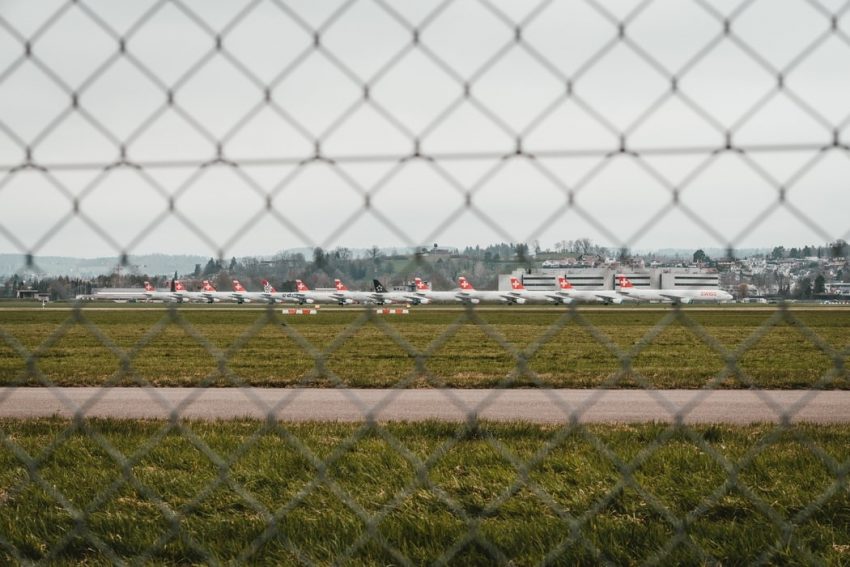Climate change is the global agenda and aviation industry contributes to carbon reduction by setting the target to cut its net carbon emissions to zero by 2050. To this end, Airports Council International (ACI) has launched Airport Carbon Accreditation programmed since 2009 to provide a consistent framework for airports to reduce their carbon emissions. Currently, more than 300 airports across five continents around the world have participated and accredited in the programme. More than 320,000 tonnes of carbon reduction was achieved in 2019.
Although COVID-19 pandemic has severely limited air travel and the operation of airlines and airports over the past months, the pandemic is expected to accelerate air travel in the period after leading to the increase in emissions. For this reason, the continuity of actions in aviation industry against the climate change is still highly important.
To70 has assisted several airports in Thailand as well as that outside Thailand to be accredited from Level 1: Mapping, Level 2: Reduction, to Level 3: Optimisation. We worked closely with airport operators and were involved in several activities such as developing airport carbon reduction policy and stakeholder engagement plan. This allows us to understand not only the challenges of getting the airports accredited at different levels, but also how the airports could maintain the standard and the continuity of collecting and analysing data, executing carbon reduction measures, and engaging with stakeholders. For the airports to fully benefit from the programme, the aforementioned activities are not one time but should be carried out continuously by the airports.
From our experience, the 6Gs below are the keys that successful airports have in common with regard to carbon emissions reduction.
- Good team: Starting from the top level, the management should set a clear direction about airport environmental policy and carbon emissions reduction in particular. Many good and innovative carbon reduction measures have not been implemented due to lack of support from top management, and lack of budget. For operational level, the airport should assign responsible persons with a clear role. We often see that the working group is led by representatives from Environmental department and working with key contact persons from different departments as the activities require data, information, and operation knowledge from several departments within the airport.
- Good idea: the airport should encourage staff and stakeholders to share their ideas about airport carbon reduction measures and prioritise those measures accordingly. Many low-hanging fruit measures can be implemented right away, while some measures might not have immediate impact on carbon reduction, but create awareness for airport staff and change their behaviour which will lead to successful carbon reduction over time.
- Good plan: effective and efficient workplan consisting of a clear timeline, responsible person, and data required. The plan should be monitored and revised at least once every two years to remain up to date.
- Good communication: keep communicating with staff and stakeholders to keep them informed of the ongoing activities. Even the plan could not be executed according to the timeline, airport staff and stakeholders prefer to stay involved and be informed about the progress of the project. Lack of communication reduces the interest of the staff and stakeholders to support the programme.
- Good tool: supporting tool or methodology to systematically collect and analyse data is very crucial for the quality of the data, and carbon footprint analysis. If the data is not available digitally or from the trusted source, data gathering activity could take up to 80% of the total effort, while the remaining is for calculating and analysing the results.
- Good news: celebrating every small accomplishment is an effective way to create the ownership with airport staff and stakeholders on the airport carbon accreditation programme.
About To70. To70 is one of the world’s leading aviation consultancies, founded in the Netherlands with offices in Europe, Australia, Asia, and Latin America. To70 believes that society’s growing demand for transport and mobility can be met in a safe, efficient, environmentally friendly and economically viable manner. To achieve this, policy and business decisions have to be based on objective information. With our diverse team of specialists and generalists to70 provides pragmatic solutions and expert advice, based on high-quality data-driven analyses. For more information, please refer to www.to70.com.

